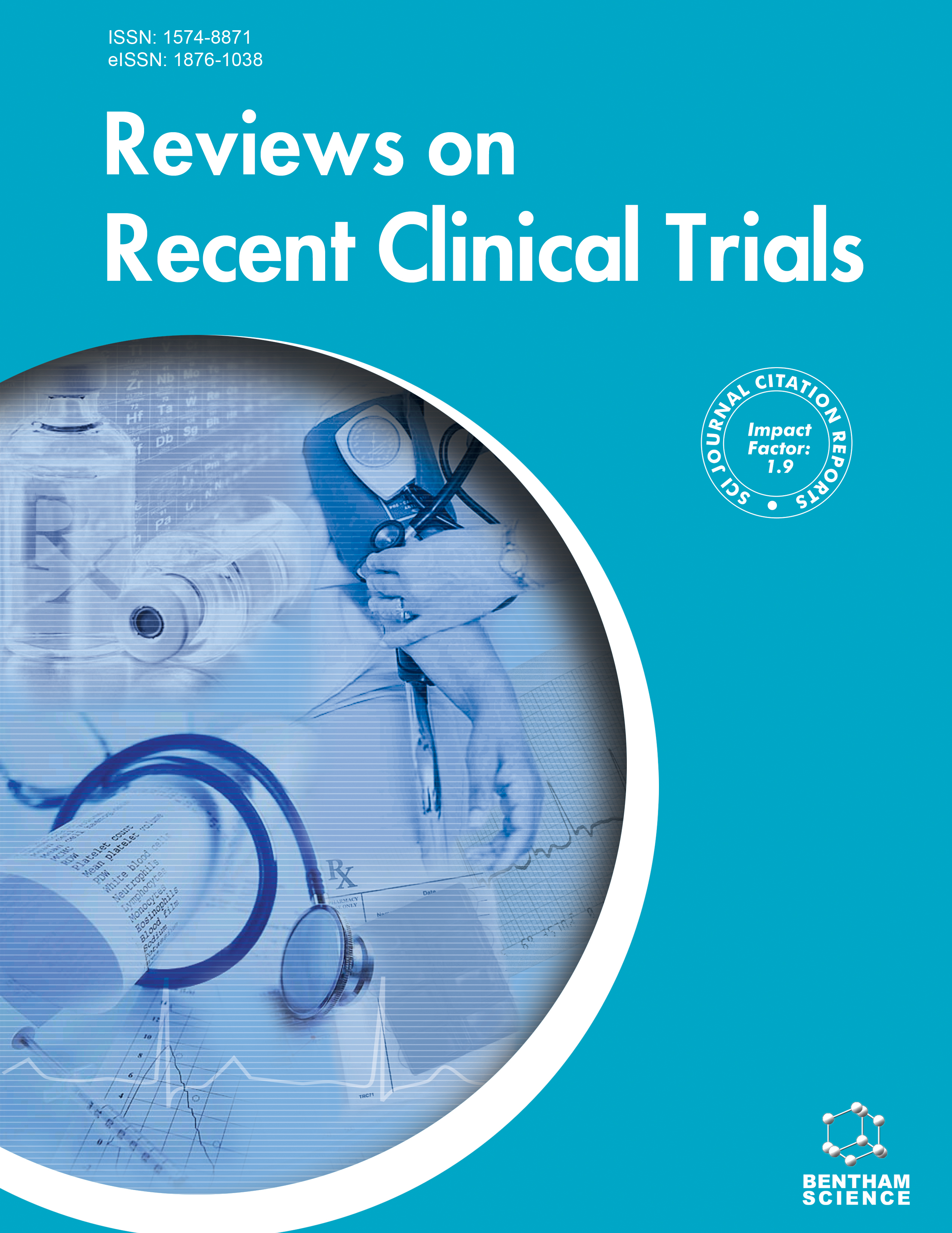
Full text loading...

The management of clinical trial data is an essential component of medical research, where accuracy, security, and transparency directly impact the validity of outcomes. However, conventional methods often face challenges in maintaining data integrity and compliance with regulatory standards. The transformative role of Artificial Intelligence (AI) in enhancing these aspects by leveraging machine learning and analytics offers promising capabilities to improve data validation, detect inconsistencies, and secure sensitive information, thereby increasing credibility among researchers, participants, and regulators. The aim of this study is to explore the transformative potential of artificial intelligence in enhancing clinical trial data management. It specifically investigates whether AI can improve data integrity, transparency, and security, thus making the results credible to the researcher, participant, and regulatory bodies involved.
The study employs machine learning algorithms and advanced analytics to investigate the role of AI in identifying data anomalies, verifying the accuracy of information, and validating data processes. Case studies and real-world applications are presented to highlight how AI enables real-time monitoring, reporting, and verification of regulatory compliance. It also analyzes encryption and access control systems powered by AI, ensuring that sensitive clinical trial data is protected against breaches and unlawful access.
The findings demonstrate that AI significantly streamlines the management of clinical trial data through automated data validation processes, the detection of inconsistent data, and the capability for real-time data monitoring. AI encryptions and access control systems minimize data security risks to safeguard sensitive information. Case studies demonstrate that transparency, regulatory compliance, and stakeholder trust improve when AI is integrated into clinical trial processes.
The study shows AI significantly enhances clinical trial data management through automated validation, real-time monitoring, and anomaly detection. Throughout the trial process, these capabilities reduce errors, ensure regulatory compliance, and improve transparency. Additionally, AI-driven encryption and access control systems offer robust protection against data breaches, reinforcing participant confidentiality and stakeholder trust. Case study analysis demonstrates that AI not only streamlines data workflows but also fosters greater confidence in trial outcomes, signaling a shift toward more efficient, secure, and credible AI-enabled clinical trials.
The study highlights the potential of AI to revolutionize the management of clinical trial data with aspects such as data integrity, transparency, and security. The incorporation of AI ensures the credibility of trial outcomes among all stakeholders. This study advocates for a paradigm shift toward AI-enabled clinical trials, shedding light on the revolutionary approach it proposes for healthcare data management practices.

Article metrics loading...

Full text loading...
References


Data & Media loading...